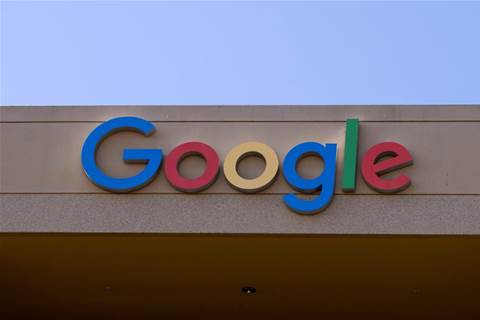Source: theverge.com
The personnel changes at Alphabet continue, this time with Mustafa Suleyman — one of the three co-founders of the company’s influential AI lab DeepMind — moving to Google.
Suleyman announced the news on Twitter, saying that after a “wonderful decade” at DeepMind, he would be joining Google to work with the company’s head of AI Jeff Dean and its chief legal officer Kent Walker. The exact details of Suleyman’s new role are unclear but a representative for the company told The Verge it would involve work on AI policy.
The move is notable, though, as it was reported earlier this year that Suleyman had been placed on leave from DeepMind. (DeepMind disputed these reports, saying it was a mutual decision intended to give Suleyman “time out … after 10 hectic years.”) Some speculated that Suleyman’s move was the fallout of reported tensions between DeepMind and Google, as the former struggled to commercialize its technology.DEEPMIND BREAKS GROUND IN AI RESEARCH, BUT SPENDS A LOT OF MONEY DOING IT
Although DeepMind has achieved a number of research milestones in the AI world, most notably the success of its AlphaGo program in 2016, the lab has also recorded significant financial losses. In 2018, it doubled its revenues to £102.8 million ($135 million), but its expenditures also rose to £470.2 million ($618 million) and it recorded a total debt of more than £1 billion ($1.3 billion).
Suleyman, who founded DeepMind in 2010 along with Demis Hassabis (now CEO) and Shane Legg (now chief scientist), had spearheaded the company’s health team, which offered the lab one avenue to monetize its research. DeepMind’s engineers designed a number of health algorithms that broke new ground, and its team built an assistant app for nurses and doctors that promised to save time and money. But the venture was also criticized strongly for its mishandling of UK medical data, and in 2018 was absorbed into Google Health.
In addition to this, Suleyman also led the “DeepMind for Google” team, which aimed to put the company’s research to practical uses in Google products, delivering tangible commercial benefits like improved battery life on Android devices and a more natural voice for Google Assistant.
It’s difficult to parse the meaning behind Suleyman’s move to Google without more details on his new role, but it’s clear that DeepMind is still working out how to position itself for the future — as highlighted by the publication of a blog post by Hassabis timed with the announcement of Suleyman’s departure.
In the post, Hassabis charts the journey of DeepMind “from unlikely start-up to major scientific organization.” And although he highlights collaborations the lab has made with other parts of Alphabet, he ultimately focuses on the “fundamental breakthroughs” and “grand challenges” that DeepMind hopes to tackle — most notably, using artificial intelligence to augment scientific research. It seems clear that long-term research, not short-term profits, are still the priority for DeepMind’s scientists.


